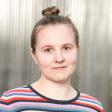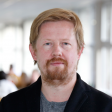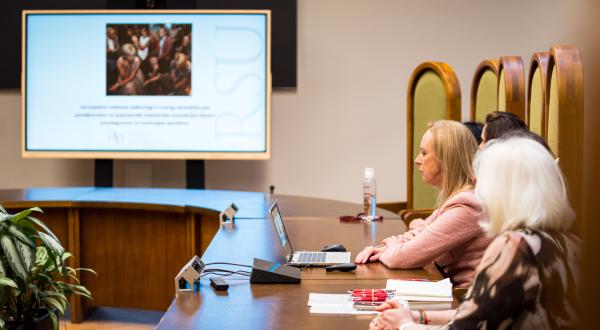Embodiment. Health. Environment.
Health Humanities Research Group
Health humanities is an interdisciplinary approach that critically explores how health care is organised taking the cultural, societal, technological, political, religious, and economic context within which human beings need and provide care into consideration.
Within this field, our group specialises in applied phenomenology, which analyses the embodied and socially embedded experiences of individuals in the context of health care, environmental health, digital health, and public health. In today’s scientifically and technologically driven health care environment, phenomenology can make the voices of the people involved (patients, patient representatives, professionals, activists, and informal caregivers) more audible, providing great value for critical research within health care.
Group members
Group leader, Māra Grīnfelde has a PhD in Philosophy, and specialises in applied phenomenology, which combines phenomenological philosophy with qualitative research. Her main research interests lie in the phenomenological understanding of health and illness, analysis of embodied motivations behind health practices, and exploring the role of technology in the embodied experiences of patients and healthcare professionals.
Uldis Vēgners has a PhD in Philosophy and specialises in applied phenomenology. His main research competencies lie in the history of early phenomenology, the phenomenology of time, applied phenomenology, eco-phenomenology, and the phenomenology of psychopathology.
Andrejs Balodis has a PhD in Philosophy and specialises in applied phenomenology. His main research interests include the philosophy of time, theories of memory, and the study of normality in medicine, sociology, and the humanities.
Laura Bitiniece Mg.Phil., investigates the impact of health communication on healthcare outcomes and patient safety. She is interested in the integration of bioethics and health communication in the education of healthcare professionals, and how the education of healthcare professionals correlates with disparities in healthcare quality. Informed by her background in ancient philosophy, she enriches her research with a historical perspective, exploring the enduring human pursuit of happiness, health, and well-being.
Agita Misāne Dr. phil., and scholar of religious studies and the history of ideas. Her scientific interests include Latvian nationalism, contemporary religious diversity in Latvia, and thanatology.
Goals
- Using the potential of the humanities, especially philosophy, to create experience-based knowledge that would be useful in
- Addressing theoretical questions
- The development and improvement of health care, health education, health communication, and health policy
- To establish interdisciplinary collaboration between social, medical, and health sciences
Main areas of study
- Medical phenomenology
- Phenomenological bioethics
- Eco-phenomenology
- Phenomenological psychopathology
- Critical phenomenology
Main research questions
- What is health and illness?
- What are the relationships between health, happiness, well-being, and a good life?
- How is the experience of health shaped by social, political, and cultural conditions? What are the relationships between embodied experience and power?
- What is the role of the social and cultural context in individual’s embodied experience?
- What role do new technologies play in an individual’s experience of illness/health and in their relationship with doctors?
- How does the understanding of health change in the digital age? How does mobile health influence the understanding of health and health care?
- How do patients experience specific illnesses?
- How do people experience end-of-life care? How do technologies influence this experience?
- What is the role of an individual's embodied motivation in making decisions related to health, illness, and prevention?
- What is the relationship between embodiment, environment, and health?
- How can an embodied perspective on the environment help address issues related to public health?
- How do the contents and methods of health care professionals' education affect the quality of healthcare?
- How can experience-based knowledge inform and improve health education and health communication?
- What is the role of religion and spirituality in the context of healthcare?
Projects
Postdoctoral research project “Ethical and embodied perspective on the digital health related baby-tracking and monitoring technologies” (1.1.1.9/LZP/1/24/133), carried out by Māra Grīnfelde at the Riga Stradiņš University. Project is funded by the European Regional Development Fund, Rīga Stradiņš University and the State budget (1.05.2025–30.04.2028)
The Latvian Council of Sciences funded Long-term State Research Programme "Research platform for innovative products in biomedicine and photonics, BioPhoT” (IVPP-EM-Inovācija-2024/1-0002) (2024–2026). Uldis Vēgners is the leader of the work package 6 “Ethics and Inclusivity”
The Latvian Council of Sciences programme Fundamental and Applied Research Project "Hesitant bodies: phenomenological analysis of the embodied experience of vaccine hesitancy", implemented by the University of Latvia Institute of Philosophy and Sociology (1.01.2022–31.12.2024)
Postdoctoral research project “Healing at a distance: phenomenological analysis of patient experience of clinical encounter in telemedicine” (1.1.1.2/VIAA/4/20/622), carried out by Māra Grīnfelde at the University of Latvia Institute of Philosophy and Sociology. Project is funded by the European Regional Development Fund, University of Latvia and the State budget (1.01.2021–30.06.2023)
Publications
Embodiment. Health. Environment.
Related news
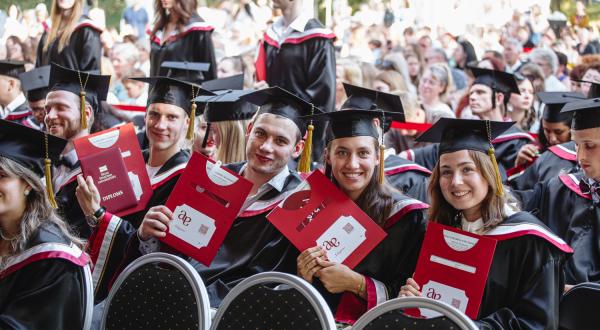 RSU Alumni Association reflects on 2025 – a diverse, productive, and community-driven year RSU Alumni, For Students
RSU Alumni Association reflects on 2025 – a diverse, productive, and community-driven year RSU Alumni, For Students Professor Romans Lācis celebrates 80th birthdayAnniversaries
Professor Romans Lācis celebrates 80th birthdayAnniversaries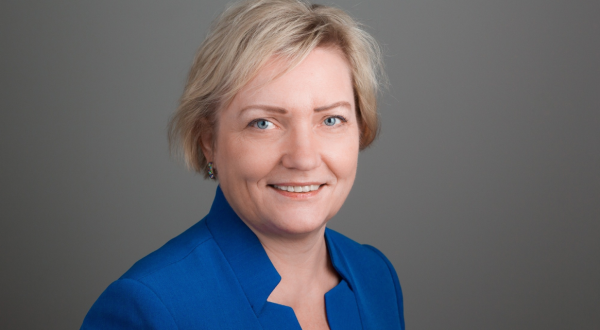 Donations as future investment. How RSU Foundation builds sustainable support for studentsRSU Alumni, For Students
Donations as future investment. How RSU Foundation builds sustainable support for studentsRSU Alumni, For Students When learning turns into collaboration: birthday conversation with Prof. Tatjana KoķeAnniversaries, RSU History
When learning turns into collaboration: birthday conversation with Prof. Tatjana KoķeAnniversaries, RSU History